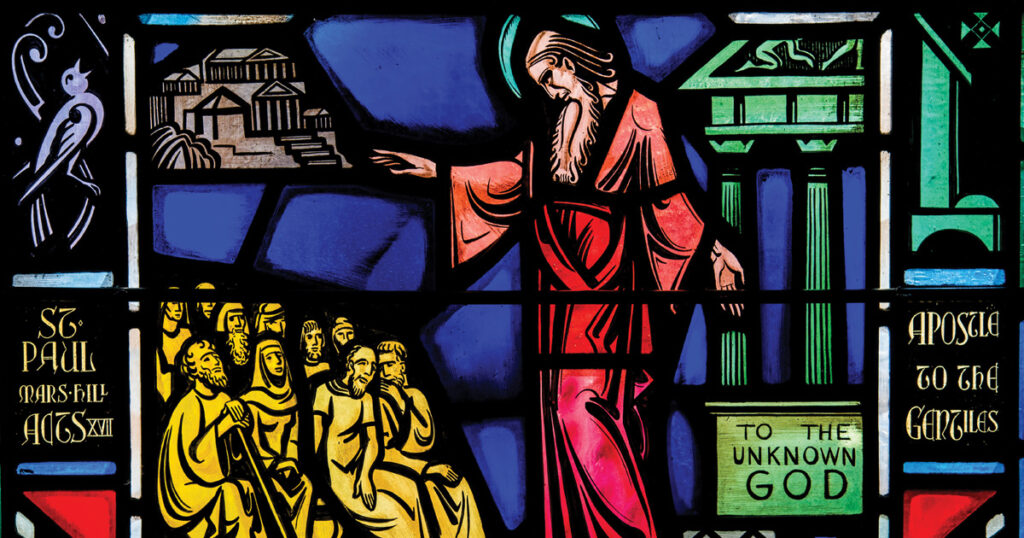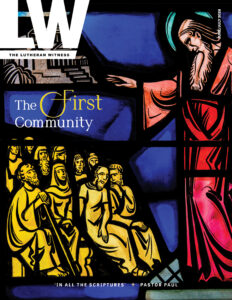Theologians and pastors have often noted similarities between the situations of the Early Church and the modern church. And the similarities are certainly there. The first Christian community, which we see in the Book of Acts, faced a panoply of pagan nations that had no interest in what they taught. The church faced opposition, severe moral corruption, a government hostile to the Christian faith, and more. While the church in America today does not face persecution to the same degree, she must still contend with many of the same challenges as the Early Church.
At the same time, we also see distinct differences. The technological realities of the 21st century differ dramatically from the first century and have created a situation in which even the smallest scrap of attention must be closely guarded. The modern church today has the benefit of nearly two thousand years of history and settled doctrine. The church has faced many heresies, and — by the grace of God — continued to proclaim the truth. The modern church must also contend with the reality that the Christian faith is no longer “strange” in the way of the Early Church. As with modern politics, it seems as though many moderns have already “made up their minds” about the Christian faith.
Whether you fall on the “we are in the same situation” or the “it’s just too different” side of the argument, one reality remains true: God. He has not changed. And neither has the way He provides for and preserves His church, in spite of the intervening two thousand years. Through the preaching of His Word and the administration of His Sacraments, God continues to ensure that His children are reborn, that they are fed on His body and blood, and that they are renewed through the preaching and study of His Word.
So, whether we are dealing with conflict in the church (Peter Scaer), the witness of the Early Church to the world (Adam Francisco), the care and planting of congregations (Phillip Brandt), or just the joy and opportunity of living together in community (Jeffrey Oschwald), the Acts of the Apostles is a book worthy of our reading and commendation. In it, St. Luke records for us how our Lord worked through the first Christian community to send forth the Gospel into all the world. We have the opportunity to learn from their example and live in the faith they received and likewise handed down, through the generations, to the Christian church today.
In Christ,
Roy S. Askins






